Why NK Cells Fail in Endometriosis?
Endometriosis persists in the body despite the presence of immune cells that are normally responsible for eliminating abnormal tissue. One such immune cell type is the natural killer (NK) cell, which plays a key role in identifying and destroying cells…
Key Points Lay SummaryA Key Modulator of Natural Killer Cell Dysfunction in Endometriosis: Soluble MICA
In a study published in the American Journal of the Reproductive Immunology, Abrao et al. investigated the potential effect of MHC Class I related MICA molecules at the pathogenesis of the endometriosis. This study highlights a novel role of soluble MICA (sMICA) in endometriosis, showing…
Key Points Lay SummaryActivities of cytotoxic cells in endometriosis
Immunological dysfunction is thought to be involved in the etiopathogenesis of endometriosis, leading to defective immunosurveillance and the growth of endometriotic lesions. In this pathway, reduced cytotoxicity of peripheral and peritoneal natural killer (NK) cells is seen as a contributing…
Key Points Lay SummaryEnhanced local and systemic inflammatory cytokine mRNA expression in women with endometriosis
Endometriosis is not only characterized by the implantation of endometriotic tissue outside of the uterine cavity but also necessitates an impaired immune response. It is suggested that abnormal immunological mechanisms causing the dysfunction of immune cells and their mediators are…
Key Points Lay SummaryTherapeutic potential of ginseng based compound in preclinical models of endometriosis
Currently, the drug option for women with endometriosis mainly focus on reducing estrogens levels (e.g., progestins, androgens, gonadotropin-releasing hormone (GnRH) agonists, and aromatase inhibitors). However, these therapies can have low effectiveness with frequent recurrence and considerable side effects. Therefore, there…
Key Points Lay SummaryThe Role of Natural Killer Cells in the Development of Endometriosis Unravelled
Specialized immune cells called natural killer cells found in the peritoneal fluid of women with severe endometriosis may facilitate the development of the disease, according to a study published in the American Journal of Reproductive Immunology. This finding could help…
Key Points Lay Summary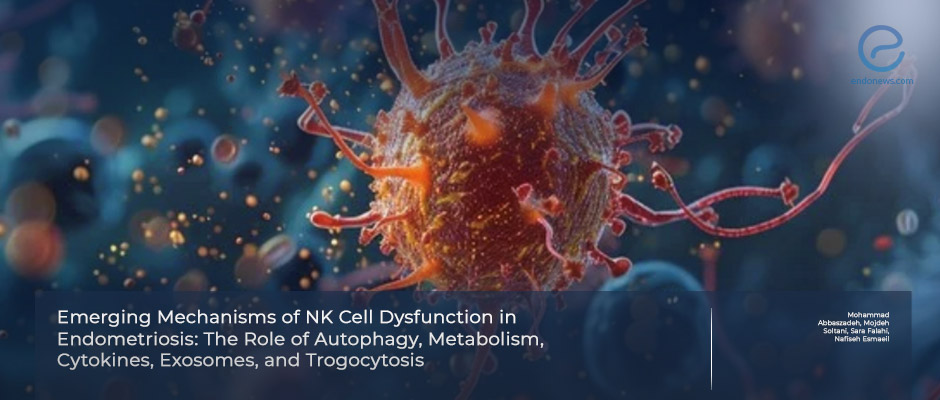
 By Ayse Ayhan
By Ayse Ayhan
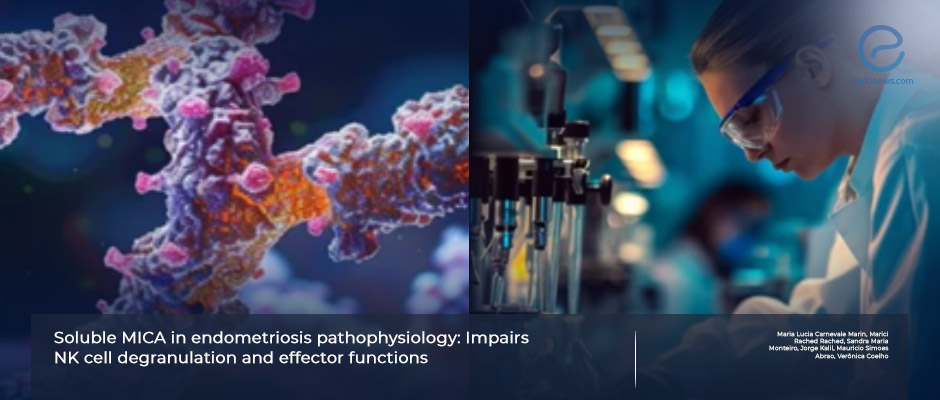
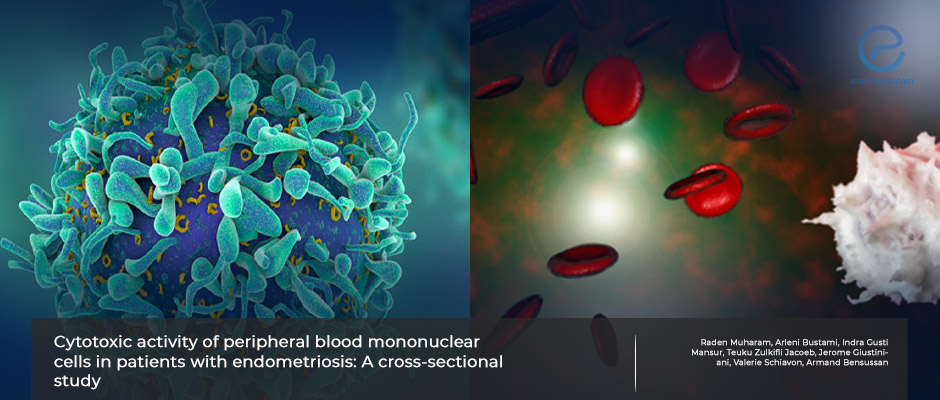
 By Eylül GÜN
By Eylül GÜN
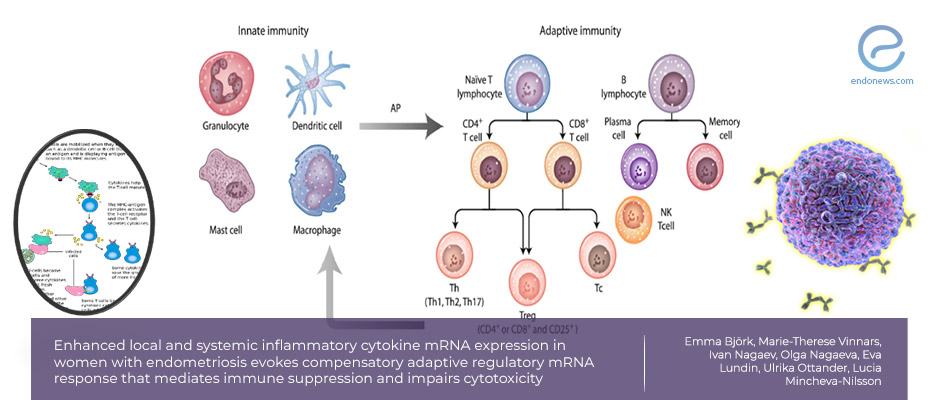
 By Ellen Tumimbang
By Ellen Tumimbang

 By Yu Yu
By Yu Yu
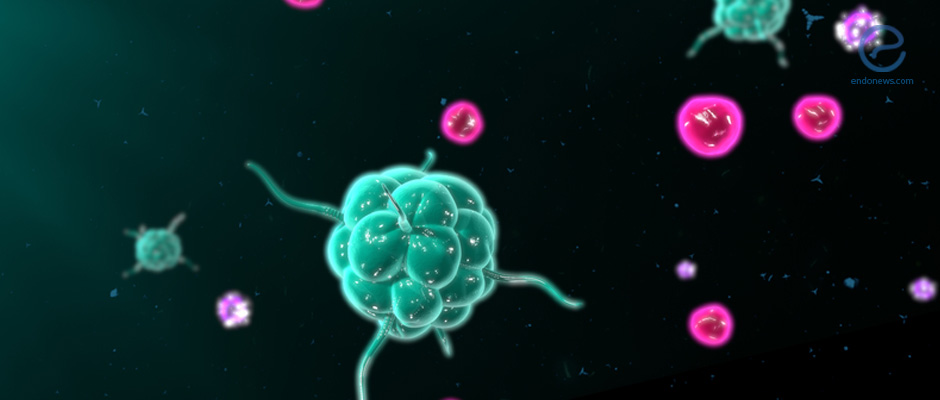
 By Özge Özkaya
By Özge Özkaya